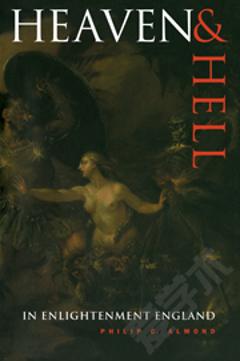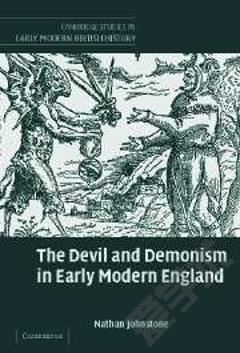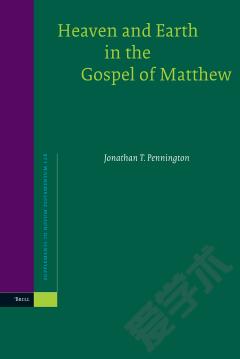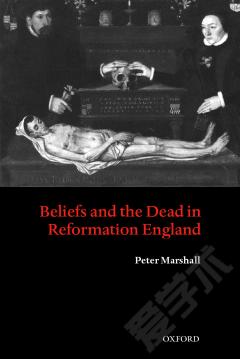Heaven and Hell in Enlightenment England
This book examines life after death and changing concepts of heaven and hell in English thought from 1650 to 1750. It explores seventeenth- and eighteenth-century images of the journey of body and soul, from Platonist accounts of pre-existence, the final judgement and beyond into heaven or hell. It discloses a society in which frail and fleeting human life was lived out in the expectation of salvation or damnation, of eternal happiness or eternal torment, of heaven or hell and depicts a world radically different from our own. Drawing on the writings not only of the elite but also of the middling and lower classes, Almond shows how there hovered around images of the afterlife many classical and contemporary debate: free will and predestination, materialism and dualism, religion and science, Catholicism and Protestantism, religious and political radicalism, demonology and witchcraft and so on. The picture which emerges is both representative of the age as a whole and enables us to appreciate more fully contemporary understandings of the meaning of human life and death.
{{comment.content}}








 京公网安备 11010802027623号
京公网安备 11010802027623号